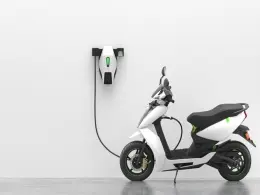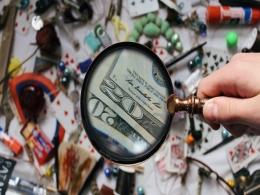After investing in India’s biggest e-tailer Flipkart earlier this year, tech giant Microsoft Corp. is now looking to back homegrown cab-hailing company Ola, a media report said on Tuesday.
The Washington, US-based company is likely to invest $50-100 million (Rs 320-640 crore) for a minority stake in ANI Technologies Pvt. Ltd-run Ola, Mint reported citing two people familiar with the matter.
Ola may switch its cloud platform from Amazon Web Services (AWS) to Microsoft’s Azure as part of the deal, the report added.
That will help Microsoft make deeper inroads into India’s cloud market, where it is locked in a fight for supremacy with Google, IBM and AWS, which enjoys a significant lead over others. In February, Microsoft and Flipkart had announced a broad collaboration under which the latter agreed to use Azure as its exclusive cloud platform.
Two months later, Microsoft invested in Flipkart as part of a $1.4-billion (Rs 9,000 crore) round.
Email queries sent to Ola didn’t elicit an immediate response.
In April, VCCircle reported that Ola had secured Rs 1,675 crore ($250-260 million) in fresh funding from SIMI Pacific Pte, a subsidiary of Japan's SoftBank Group, the taxi-hailing firm's largest investor.
Founded by Bhavish Aggarwal and Ankit Bhati in 2010, Ola has so far raised a little over $1.4 billion from marquee investors such as Tiger Global and Matrix Partners.
But it has been making huge losses in its bid to outpace arch-rival Uber in India.
Ola posted a consolidated net loss of Rs 2,311.7 crore for 2015-16 compared with Rs 796 crore in 2014-15, according to its filings with the Registrar of Companies. The company is yet to file its financials for 2016-17.
In 2015-16, operating revenue jumped over seven times to Rs 438.6 crore from Rs 57.5 crore. Other income surged to Rs 256.4 crore from Rs 38.6 crore, owing to significant fund infusion during the year. Revenue from commissions increased to Rs 357.5 crore from Rs 57 crore, and that from lease rentals rose to Rs 51.2 crore from Rs 2 lakh. Ola made Rs 70.2 crore from trip time fares.
However, total expenditure surged more than three-fold to Rs 3,078.19 crore from Rs 899.7 crore the year before, indicating higher cash burn.







